
Recommendation
Karen Mangia, the vice president of customer and market insights at Salesforce, wants to help you succeed in a work-from-home world. She weaves together research, statistics and anecdotes to help you adapt to the new normal. Mangia offers useful tips to help you work more productively from home, including how to eliminate burnout and Zoom fatigue, and how to juggle the kids and work. Her insightful guide poses thought-provoking questions to help you create your own action plan for high performance.
Summary
About the Author
Vice president of customer and market insights at Salesforce, Karen Mangia has been working from home since 2002. She is the author of Success from Anywhere and Success with Less.
Learners who read this summary also read
Book
Book









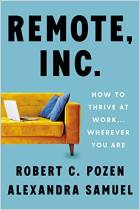
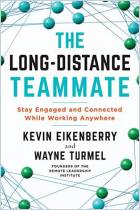
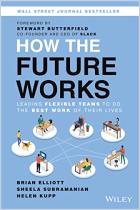
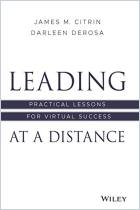
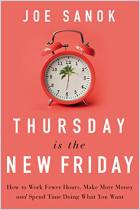
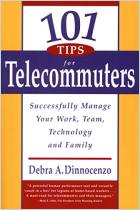


Comment on this summary